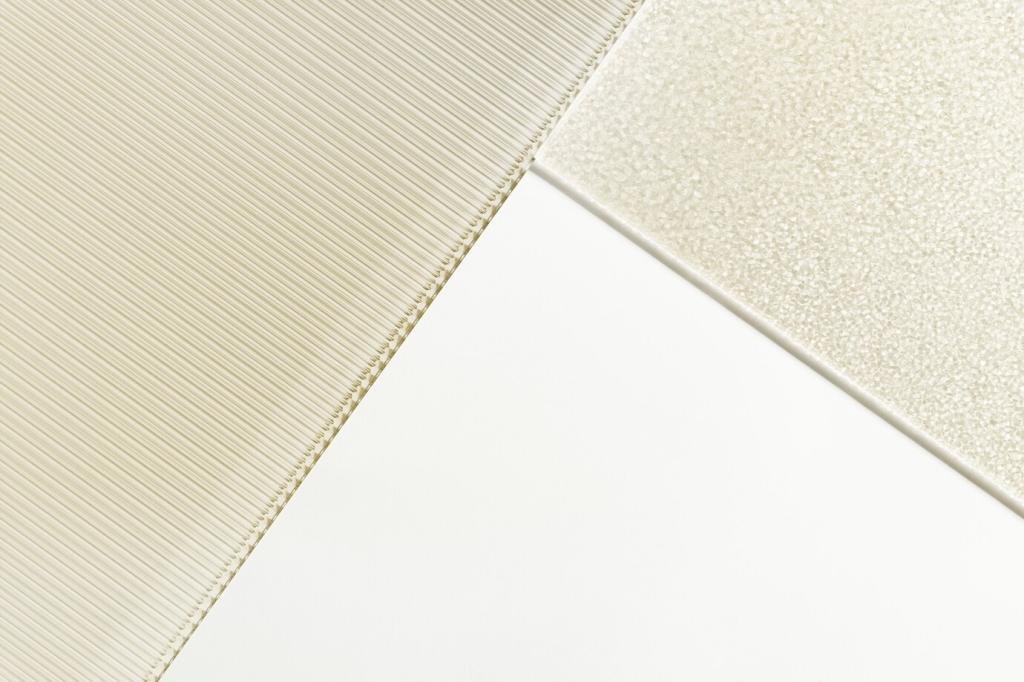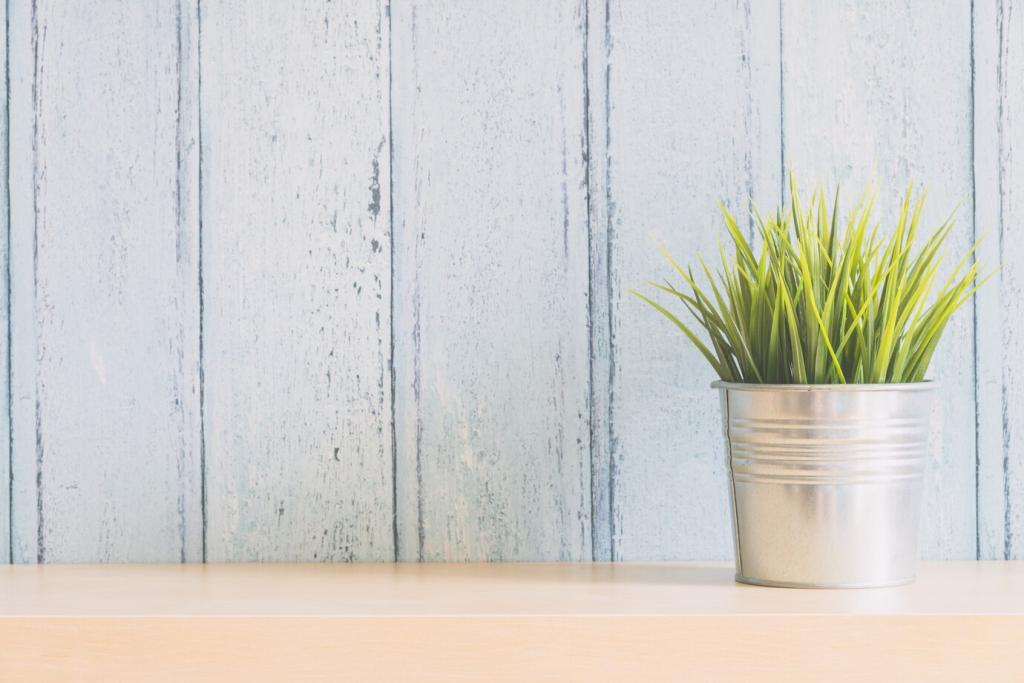Simplifying Your Space: The Practical Advantages of Minimalism
Minimalism is more than just a design trend—it’s a purposeful way to live and organize your environment for maximum clarity and comfort. By embracing minimalism, you can transform not only your surroundings but also your mindset, making daily life feel more manageable and meaningful. This page explores the tangible benefits of minimalism and provides actionable insights into how it can improve your living space, efficiency, well-being, and overall sense of fulfillment.


Reducing Visual Overload
Cluttered rooms often create mental chaos, making it difficult to concentrate or unwind. Minimalist spaces, on the other hand, provide clean lines, clear surfaces, and open areas, which have been shown to support relaxation and mental clarity. When belongings are pared down to essentials, the eyes—and consequently the mind—aren’t constantly bombarded with distractions. This visual simplicity makes it easier to feel calm and in control, contributing to a more restful living environment that fosters inner peace.

Cultivating Routine and Order
When you reduce what you own, you also simplify your daily routines. Essentials are easy to locate, clean-up becomes less time-consuming, and home maintenance is streamlined. This routine and order eliminate the daily stresses that arise from searching for misplaced things or dealing with ongoing messes. A life with fewer possessions can lead to a sense of mastery over your surroundings and encourage healthy rituals that nurture stability in your everyday experiences.

Enhancing Personal Reflection
Minimalism in the home paves the way for greater self-awareness. Without excess items vying for your attention, you can more easily focus inward, explore your interests, and develop mindfulness. A calm, organized space can become a sanctuary for meditation, reading, or other reflective practices. This deeper connection to oneself is one of the less obvious, yet most powerful, advantages of simplifying the spaces you inhabit.
Streamlining Daily Tasks
A minimalist space helps you navigate morning routines, work sessions, and household chores with greater ease. When storage and organization are intentional and logical, you spend less time searching and sorting. The reduction of unnecessary possessions means everything you keep serves a clear purpose, so actions like preparing meals or tidying up become swift, methodical, and nearly effortless. This streamlined approach frees up valuable time for more meaningful pursuits.
Fostering Focus and Deep Work
In an uncluttered setting, the mind is less likely to wander, allowing you to concentrate deeply and complete projects effectively. Without the temptation of scattered belongings or extra gadgets, your attention can remain fixed on what really matters—whether that’s reading, composing, crafting, or working from home. Many people report that minimalism directly correlates with heightened creativity, sharper problem-solving skills, and an increased ability to achieve professional goals.
Simplifying Decision-Making
Decision fatigue is a well-documented phenomenon, and clutter only exacerbates it. By limiting your possessions—and therefore your choices—minimalism lightens the cognitive load that comes with making constant decisions throughout the day. From figuring out what to wear to choosing household items, having fewer, high-quality options enables you to make confident choices quickly. This simplified lifestyle can leave you feeling more empowered and less overwhelmed.
Lowering Stress and Anxiety
Clutter has been linked to higher levels of cortisol, the stress hormone, because it continually signals that work still needs to be done. Minimalism counteracts this by fostering an orderly environment that makes it easier for your mind and body to relax. Having only what you need diminishes the sensation of being overwhelmed and creates breathing space—literally and figuratively. This mental clarity reduces anxiety levels and provides a sense of comfort simply from being at home.
Supporting Healthier Habits
With less visual chaos, you are more likely to focus on routines that promote wellness. A minimalist kitchen, for example, makes meal preparation straightforward, potentially leading to more home-cooked, nutritious meals. Organized open areas can encourage movement, stretching, or short exercise sessions. By paring down distractions, you create an environment that is inherently more conducive to healthy behavior, from getting better sleep to spending quality time with loved ones.
Encouraging Mindful Consumption
Minimalism urges you to question each new purchase and consider its value before bringing it into your space. This cultivated habit of mindful consumption not only reduces impulsive buying but also aligns your lifestyle with your personal values. The process of owning less helps shift your focus from material possessions to experiences and relationships that truly matter, bolstering your sense of fulfillment and long-term happiness.
